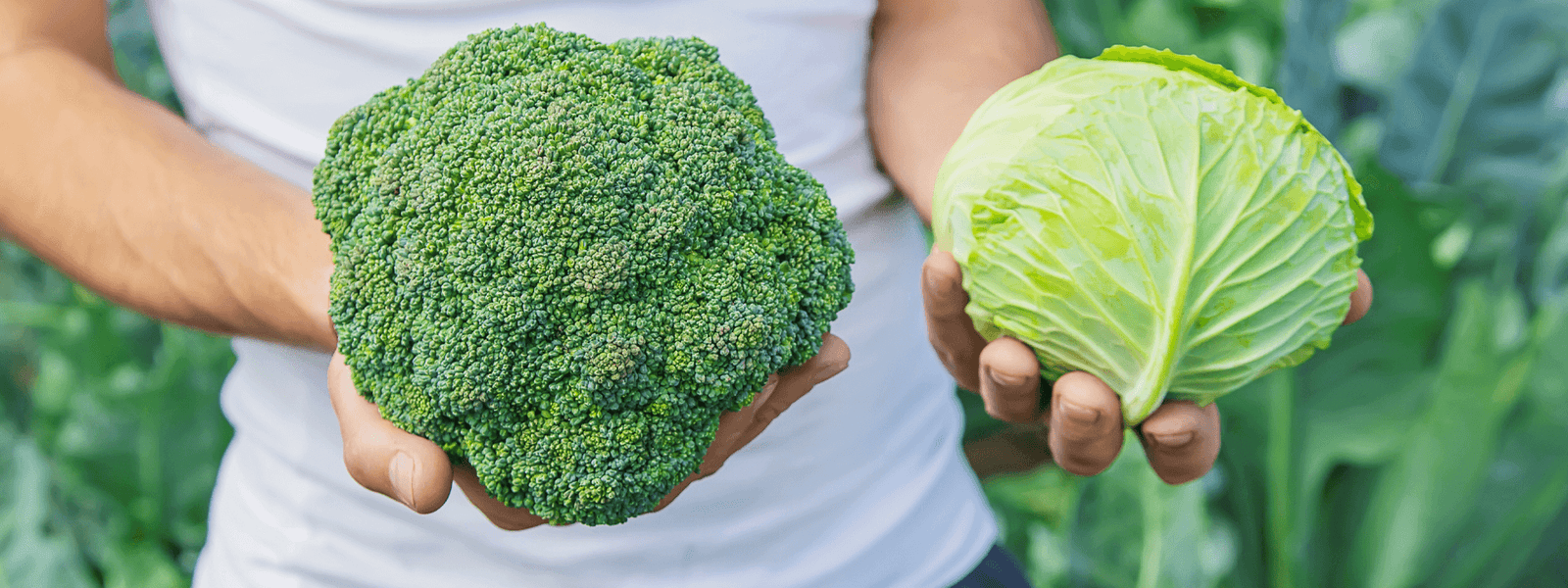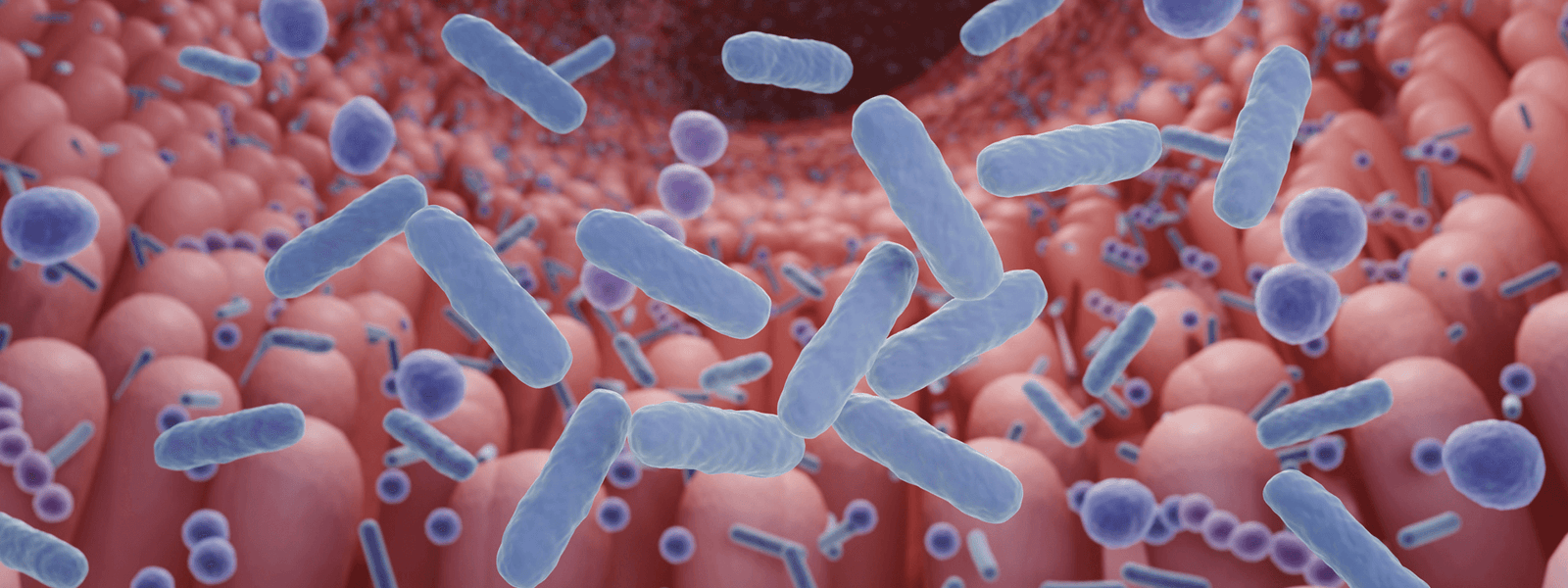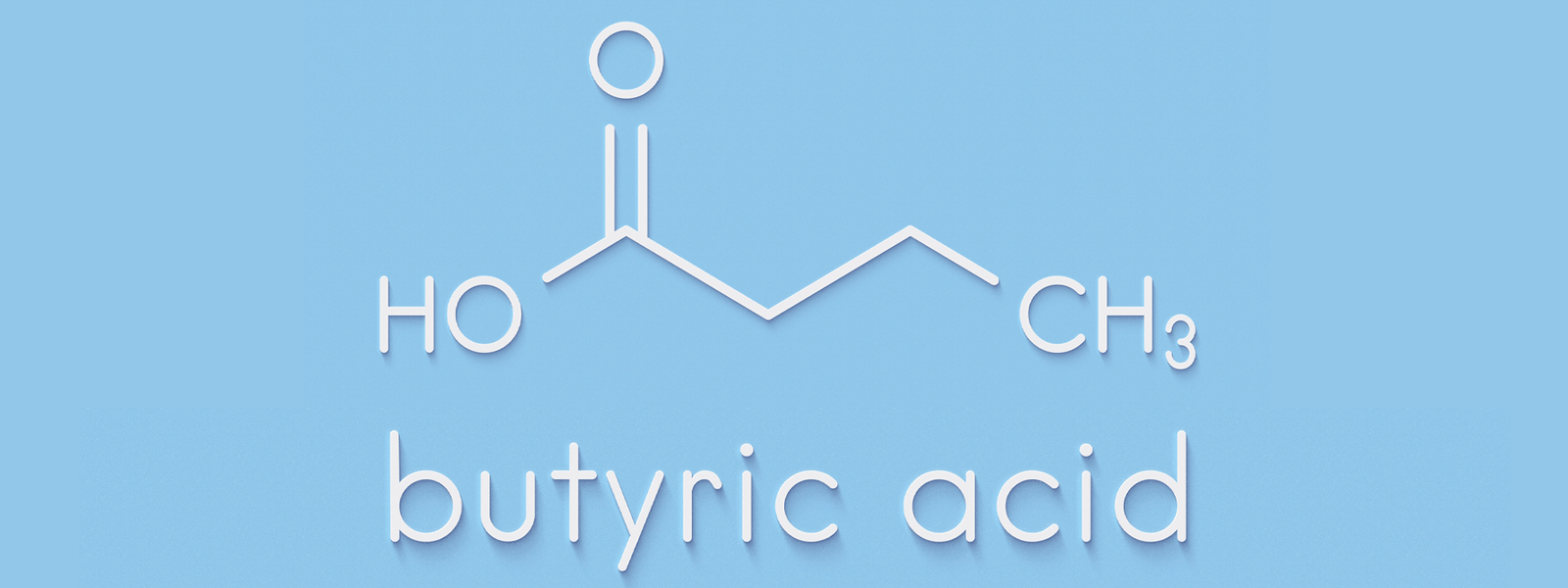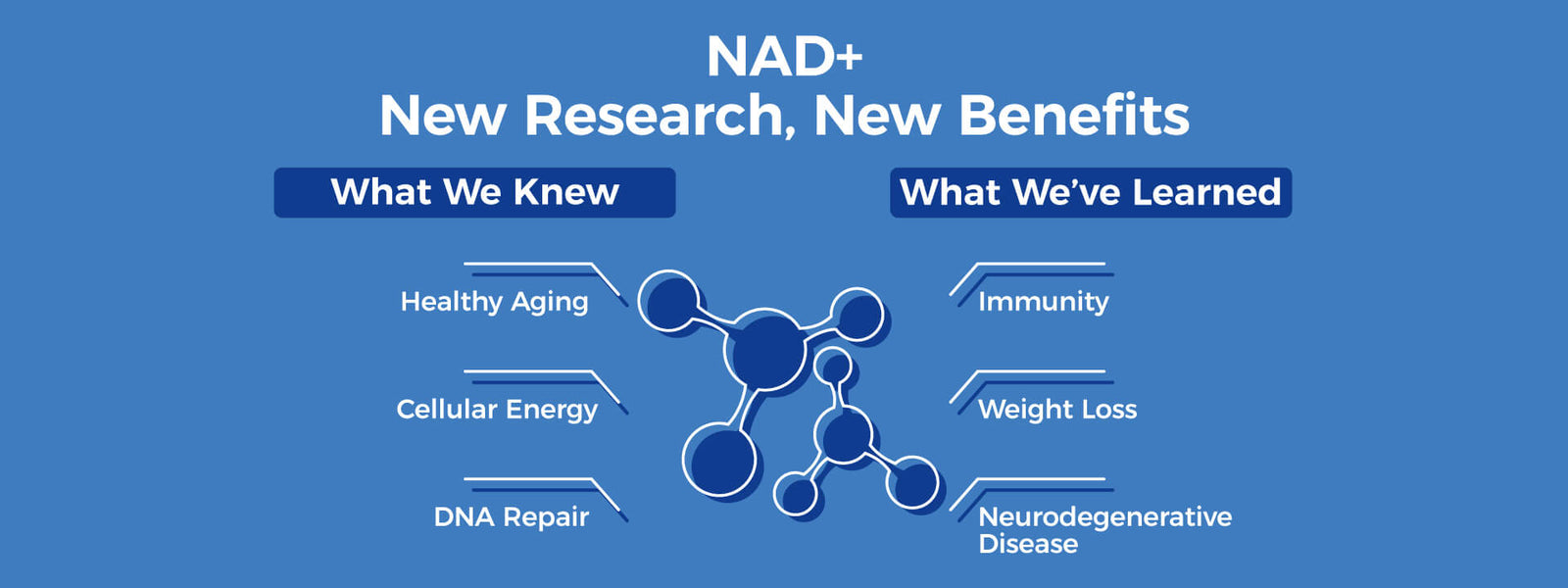Sweet Poison
Our love of the sweet stuff has been linked to a range of health concerns, including:
- Inhibiting our immune system: Within just 30 minutes of consuming 100g of sugar, the function of your white blood cells will be impaired for up to five hours! [1]
- Premature aging
- Poor gut health and dysbiosis
- Poor blood sugar balance and insulin resistance
- Development of certain cancers, including breast, prostate, ovarian, stomach, pancreatic and lung cancers
- Depletion of vital minerals
- High cholesterol and heart disease.
After reading that list, cutting down on the sweet stuff seems like a pretty smart idea. So, what are the benefits of reducing your sugar intake?
How Cutting Down on Sugar Can Improve Your Health
Firmer, younger skin: Reducing your sugar intake could help you look younger. That’s because sugar promotes glycation, a process that impairs the repair of collagen and elastin, the fibres that keep skin looking firm and plump. A diet high in sugar can lead to reduced elasticity and premature wrinkles.[2]
Better energy levels: Sugar is a simple carbohydrate, meaning it’s broken down and absorbed into the bloodstream quickly. So when you eat that chocolate bar, you’ll get a fast burst of energy, only to be hit with a major slump an hour or so later. Many people unknowingly live on this constant cycle of widely fluctuating blood sugar levels.
Swap the sugary treats for lean protein, low GI carbohydrates (such as whole grains and vegetables), and healthy fats, and say goodbye to the spikes and crashes. You’ll have more consistent energy levels, promoting better concentration and focus.
A trimmer waistline:If it’s a flatter tummy you’re after, cutting down on sugar will help with that too. Sugar spikes blood sugar levels, triggering the release of large amounts of insulin, a fat-storage hormone. Insulin tends to promote the storage of fat around the middle, creating the dreaded muffin top.
While a little tummy might seem fairly harmless, this belly fat (often called visceral fat) is really bad news for our health. That’s because visceral fat promotes the release of inflammatory chemicals that have been associated with heart disease, diabetes, and even cancer.
Lose weight faster:Cutting down on sweet treats is one of the easiest ways to drop pounds. Insulin doesn’t just promote fat storage around your waist, it makes us store fat all over the body. Swapping sugary treats and refined carbohydrates for fruit and vegetables, lean protein and healthy fats will help keep insulin levels stable, increasing your metabolism and reducing those hunger pangs – making weight loss that much easier[3].
Reducing your risk of diabetes:Cutting down on sugar and refined carbohydrates will dramatically reduce your risk of developing Type II diabetes and its predecessor, insulin resistance.
Healthier teeth:Your dentist was right: avoiding sweet treats will help keep those pearly whites healthy. Studies have shown that reducing sugar intake to less than 10% of your total calorie intake will reduce your risk of developing cavities. Slashing it to less than 5% of your total calories reduces the risk even further. [4][5]
Healthier hearts:Eating less sugar could help reduce your risk of heart disease. A 15-year study found that participants who consumed 25% or more of their daily calories as sugar were more than twice as likely to die from heart disease as those whose diets included less than 10% added sugar. Overall, the odds of dying from heart disease rose in correlation with the percentage of sugar in the diet— regardless of a person’s age, sex, physical activity level, or body mass index.[6]
A Small Change That Adds up to a Really Big Difference
The evidence is pretty clear, but if you still need convincing, this study in the journal Obesity will show beyond doubt how powerful cutting down on sugar can be:
The University of California’s Benioff Children’s Hospital prescribed 43 obese children (between the ages of nine and 18) a reduced-sugar diet. The diet lowered their sugar intake from 28 percent of total calories to 10 percent, and their fructose intake from 12 percent to 4 percent. Their total calorie and fat intake did not change. Although the diet still allowed processed foods such as hot dogs, pizzas, bagels, cereals, and pasta, the children recorded dramatic improvements in blood pressure, cholesterol, and liver function in just 10 days[7].
So, cutting down on sugar alone – without making any other dietary changes – can create significant improvements in health. And better yet, those improvements happened in less than two weeks.
How to Cut Down on Sugar
So, you’ve decided to cut down on sugar: Well done! Here are a few tips to make cutting down on the sweet stuff a little bit easier.
Understand which type of sugar is the problem
Remember the study above where the children dramatically improved their health simply by reducing their sugar intake? If you read carefully, there’s a specific kind of sugar that they cut down on fructose.
Fructose is the form of sugar that causes all the negative health impacts, and our body doesn’t actually have any need for it. While we need glucose to fuel our brain and muscles, fructose serves no purpose at all. We can get all the glucose we need from a diet based on meat, eggs, good fats, fresh fruit, and vegetables – without any added sugar. This is because around 58% of protein and 10% of fat are converted into glucose in the body!
Fructose is bad news for several reasons:
- It’s converted straight into fat. The way that fructose is converted into energy in our bodies means it bypasses the fat-creation control mechanism in the liver and is converted directly into fatty acids and then body fat[8].
- When we eat it, we never feel full. Fructose does not trigger a “we’re full now, stop eating” switch in our brain. Fructose is the reason a person can drink a litre of soft drink and never feel full. It also mucks with our hunger hormones ghrelin and leptin, leaving us feeling hungrier.[9]
- It’s addictive. We are hardwired to keep eating more fructose. Back in the caveman days when food was scarce, when we found a source of fructose, we needed to gorge on it to store fat which would provide nourishment during lean times. Even though fructose is now readily available, our bodies haven’t adapted to enable us to regulate our consumption.[10]
When you’re cutting down on sugar, fructose is what you really need to focus on. For more information on glucose versus fructose, check out our blog about fructose.
Don’t drink your sugar!
The simplest way to reduce your sugar intake? Just drink water. By far the biggest contributors to sugar intake are juice, sports drinks, and soft drinks, so skip the sweet beverages and just sip on H20. While you’re at it, cut out the sugar in your tea and coffee.
The Ultimate Superfood
Contains a unique blend of rare medicinal mushrooms to support healthy circulation while increasing energy and wellbeing without sugar.
Shop now
Get breakfast right
When you’re quitting sugar, what you choose for breakfast is incredibly important. Start the day with sugary muesli, pancakes, or toast with jam and you set yourself up for widely fluctuating blood sugar levels and a craving for a muffin by 11am.
But start the day with a healthy, high protein, low-sugar breakfast like poached or scrambled eggs, omelets, or avocado on toast and you’ll have nice balanced blood sugar levels, with no nasty spikes and crashes.
Read labels
Sugar is hidden in many places you wouldn’t expect, from packaged sauces and yoghurt to salad dressings and breakfast cereals. Read labels carefully and wherever possible, avoid packaged foods completely. Base your meals around lean protein, fats, and vegetables, and prepare sauces from scratch.
Swap sugar for healthy fat and protein
When you take out sugar, you need to replace it with something. The best thing to replace it with? Healthy fat and protein. Fat and protein promote satiety; they help us feel full and satisfied.[11] So add a little avocado to your salad, drizzle veges with butter or olive, and spread a little butter on your toast.
Swap sugary treats like cookies, cakes, and muesli bars for a little camembert or brie with wholegrain crackers or enjoy a bowl of sugar-free Greek yoghurt with fresh fruit and coconut shavings. Other good snack options include stewed apple with a little coconut cream or slices of pan-fried halloumi.
A Little Extra Help to Manage Those Cravings
During those first few days of quitting sugar, it’s worthwhile having some healthy treats on hand to manage those cravings. When the hankering for something sweet sets in, treat yourself to a glass of Zupafood. Zupafood is a sugar-free sweet drink packed with nutrients from Organic Spirulina, Chlorella, Barley Grass, Wheat Grass, and Mushroom, which helps boost immunity, promote gut health, improve energy levels and naturally alkalize the body.
Healing your gut
When cutting down on sugar, it’s also really important to heal your gut. Eating large amounts of sugar promotes the growth of bad gut bacteria, which can damage the delicate gut wall and promote leaky gut syndrome. Kiwi-Klenz can help restore the balance of bacteria in the gut and soothe and heal the gut lining. It’s packed with prebiotics and soluble fibre to help promote the growth of good bacteria and enzymes to enhance digestion.
The Final Story
Reducing your sugar intake can dramatically improve your health, even if it’s only for a couple of weeks. But why not make it a long-term change?
References:
[1] Middlestead, M Are you a slave to the sweetness?http://www.mariamiddlestead.co.nz/tips/sugar-are-you-a-slave-to-sweetness/
[2] Digiulio, S. Really good things happen that happen to your body when you quite sugar.May 08. 2017. http://www.health.com/nutrition/health-benefits-quitting-sugar
[3] Digiulio, S. Really good things happen that happen to your body when you quite sugar.May 08. 2017. http://www.health.com/nutrition/health-benefits-quitting-sugar
[4] Public Health of England. Delivering Better Oral Health: an Evidence-Based Toolkit for Prevention. The Public Health of England: London, 2014.
[5] Moynihan PJ, Kelly SA. Effect on caries of restricting sugars intake: systematic review to inform WHO guidelines. J Dent Res 2014; 93: 8–18.
[6] Corliss, J. Eating too much sugar causes heart disease. November 30, 2016.https://www.health.harvard.edu/blog/eating-too-much-added-sugar-increases-the-risk-of-dying-with-heart-disease-201402067021
[7]Less sugar can improve health dramatically, study says. October 27 2015.https://www.irishtimes.com/news/health/less-sugar-can-improve-health-dramatically-study-says-1.2407715
[8] Wilson, S. I Quit Sugar.Italy, 2013.
[9] Wilson, S. Why aren’t we called I Quit Fructose?https://iquitsugar.com/faqs/glucose-better-fructose/
[10] Wilson, S. I Quit Sugar.Italy, 2013.
[11] Wilson, S. I Quit Sugar.Italy, 2013.


 Supplements
Supplements Bundles
Bundles






















